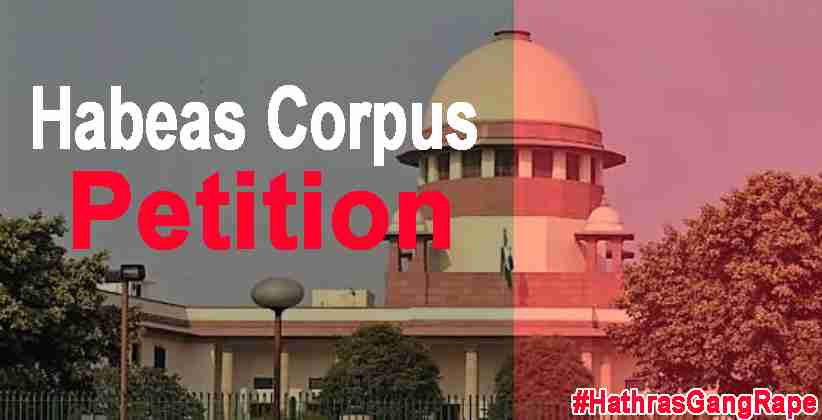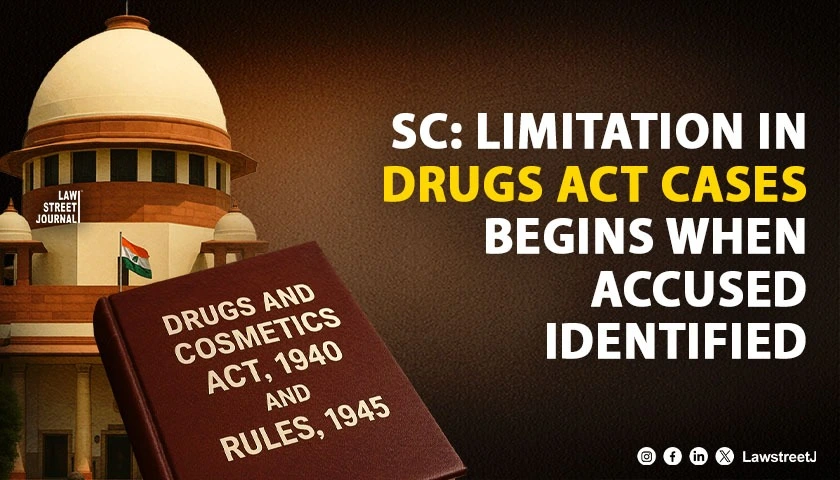The horrifying and heart-wrenching incident of the Hathras Gang Rape case has become a topic of national outrage. Earlier this month, the Dalit victim of the Hathras gang rape was reported to be dead in the Delhi Hospital after succumbing to injuries inflicted upon her by her abusers. The recent updates and the circumstances of the case have also gotten the media attention form journalists all around the country
One such journalist covering from Kerala was arrested for covering the Hathras Gang Rape case. Journalist Sidiqque Kappan was arrested by the Uttar Pradesh Police on October 5, 2020. The Kerala based journalist was arrested at a toll plaza that was near the village of Hathras in Uttar Pradesh. Kappan was en-route to Hathras to cover the story of the gut-wrenching case and alleged illegal cremation of the 19-year-old Dalit victim. he was arrested by the Uttar Pradesh Police.
A habeas corpus petition has been filed in the Supreme Court. The petition seeks the release of Kappan. The right to Remedies for enforcement of rights conferred by this Part or the right to file a habeas corpus petition is enshrined under Article 32 of the constitution of India. Article 32(1) of the Indian Constitution reads, The right to move the Supreme Court by appropriate proceedings for the enforcement of the rights conferred by this Part is guaranteed.
The plea of Habeas Corpus was filed by the Kerala Union of Working Journalists through Advocate Shweta Garg. The plea stated that the arrest of Kappan absolutely violated the guidelines that the Supreme Court laid down in the case of DK Basu v. State of West Bengal.
The plea stated, The ultimate test of democracy lies in the freedom of speech and expression. Media is the breath of democracy. Denial of access of the journalists to the place of news seriously connected with the dignified life of citizens for reporting is a gross violation of Article 14, 19(1)(a) and 21 of the Constitution.
Article 14 of the Constitution ensures the Right to Equality, Article 19(1)(a) ensures Freedom of Speech and Expression whereas Article 21 enshrines the Right to life and liberty.






